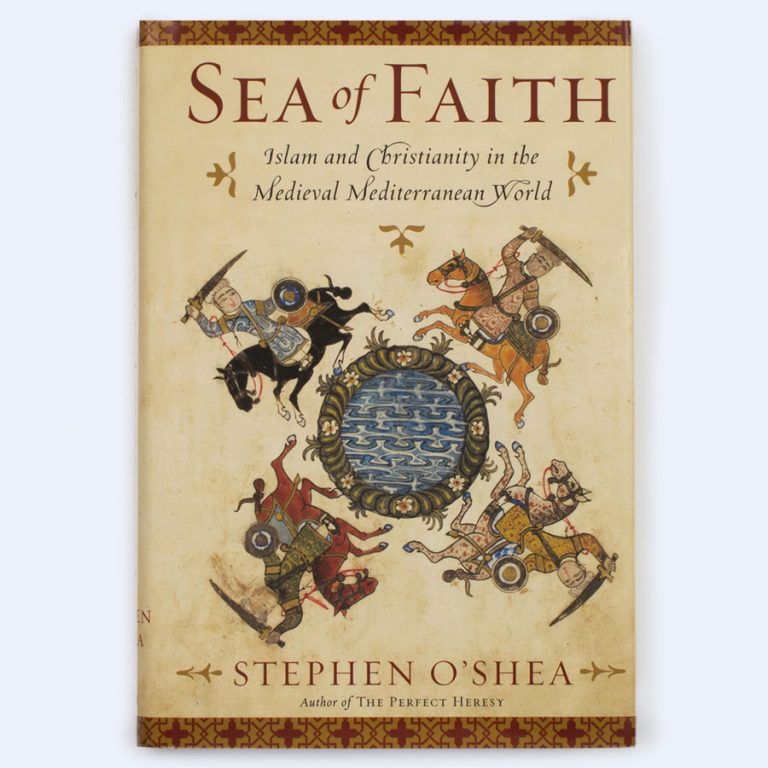

In addition to The Perfect Heresy, O'Shea is also the author of the widely acclaimed Back to the Front (Walker & Company, 1997), a hiker's meditation on the trenches of World War I. To research The Perfect Heresy, O'Shea moved to Perpignan in southern France in 1997, where he spent two years immersing himself in Cathar lore. In 1993, he returned to Paris, where he worked as Variety's film critic, and published articles on French culture and politics for American, British, French, and Canadian magazines, including The Observer, The Times of London, Harper's Bazaar, Interview, Allure, and Mother Jones. In 1989, Elle magazine relocated O'Shea to New York to be a senior features editor of their American edition. There, he took up journalism, shortly after completing postgraduate degrees in politics at the Université de Paris 1 (Pantheon-Sorbonne) and the prestigious Institut d'Etudes Politiques de Paris.


Full of colorful and passionate personalities, his latest book sheds new light on the thirteenth century and on the timelessness of religious intolerance.Toronto-born author and journalist Stephen O'Shea moved to France in the early 1980s. As he did in his highly praised Back to the Front, Stephen O’Shea brings long-ago events to life though the energy of his prose and the clarity of his insight. By the time the wars were finally over, the ancient social fabric of the Languedoc had been destroyed, the territory of France reached as far as the Mediterranean, and a terrifying new force-the Inquisition-had been unleashed that would torment Europe for centuries.The Perfect Heresy eloquently chronicles the life and death of the Cathar movement-one of Western civilization’s most mind-boggling tales. He recruited the forces of France, eager to expand her territory to the south, to undertake a systematic extermination of the Cathars and their supporters through a series of crusades between 12. Innocent resolved to eradicate what is now known as the Great Heresy. The Cathars held revolutionary beliefs that threatened the authority of the Catholic Church as well as the legitimacy of feudal law: They thought the idea of Hell to be a sham they rejected all sacraments, including marriage they thought private property an absurd notion and that all things worldly were corrupt and they preached religious tolerance and equality of the sexes.Supported by the leaders of Languedoc, Catharism enraged the new and formidable pope, Innocent III, who was determined to flex the Church’s muscle after decades of ineffectual weakness. The Revolutionary Life and Death of the Medieval CatharsAt the beginning of the thirteenth century, the Cathars, a group of heretical Christians, rose to prominence in Languedoc, now a region of southern France, but then a patchwork of city-states and principalities beholden to neither king nor bishop.


 0 kommentar(er)
0 kommentar(er)
